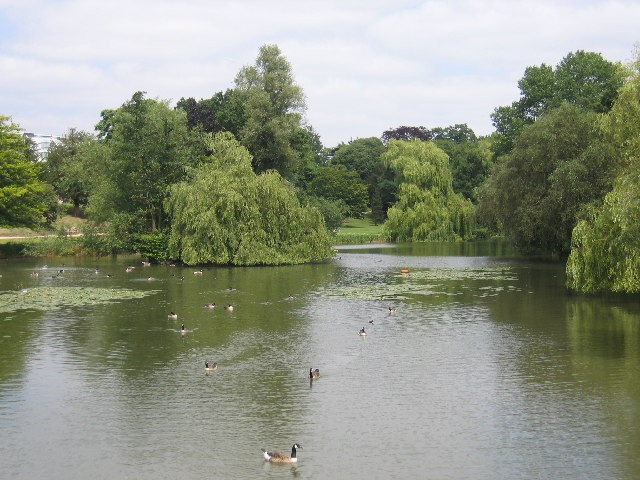Unexploded WWII bomb found in Leamington river
Warwickshire Police have carried out a controlled explosion after an arsenal of Second World War weapons, including an unexploded bomb, was found in a river in Leamington Spa.
Officers were alerted on November 5 after the Peaky Dippers History Hunters, a magnet fishing group, pulled grenades, anti-aircraft bullets, unexploded ordnance, and guns from the River Leam. The arsenal was pulled from beneath the Mill Suspension Bridge, in the centre of Leamington Spa.
Whilst specialists worked to remove the weapons, police cordons closed off bridges over the river. Experts from the Explosive Ordnance Disposal and Search Regiment of the Royal Logistics Corps subsequently transported the stash to Warwickshire Police’s headquarters in Leek Wootton.
This 80-year-old shell was clearly very well made – still having the power to produce one almighty boom and shake the ground after decades under water
Warwickshire Police
Around 10am the next day, bomb disposal experts carried out a controlled detonation of one of the objects: an 18-pound artillery shell.
Posting a video of the explosion to Facebook, a spokesperson for Warwickshire Police wrote: “This 80-year-old shell was clearly very well made – still having the power to produce one almighty boom and shake the ground after decades under water.”
According to the Peaky Dippers, a member of whom spoke to the Banbury Guardian, the recovered arsenal represents the largest collection of its kind found by magnet fishing, a practice involving trawling river beds with magnets to hunt for metal.
Marie Collins told the Banbury Guardian: “We have never known in the history of magnet fishing for this amount of weapons to be pulled out of any river.
“We have items in museums and have also reunited people with their lost items. We also recently pulled up a cannon.”
The arsenal of weapons is thought to have been dumped in the river by members of the Home Guard at the end of the Second World War. In possession of ordnance that the regular army had neglected to collect, the safest place to dispose of the equipment would have been in a local river or canal.

Comments